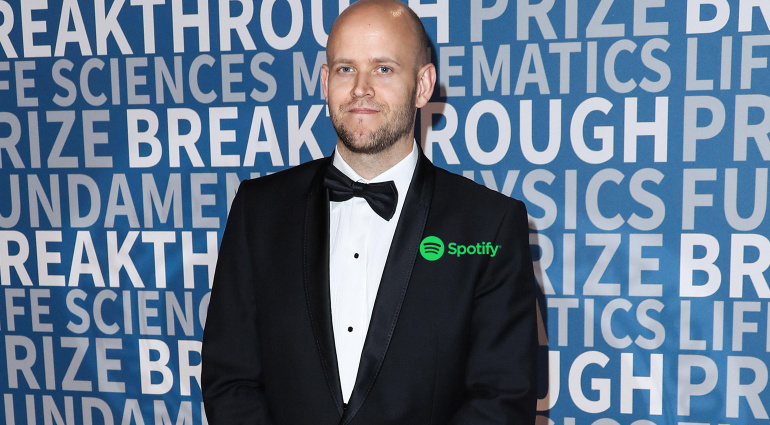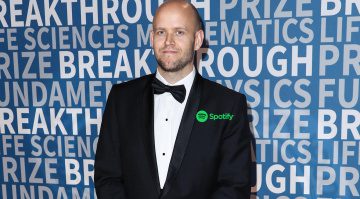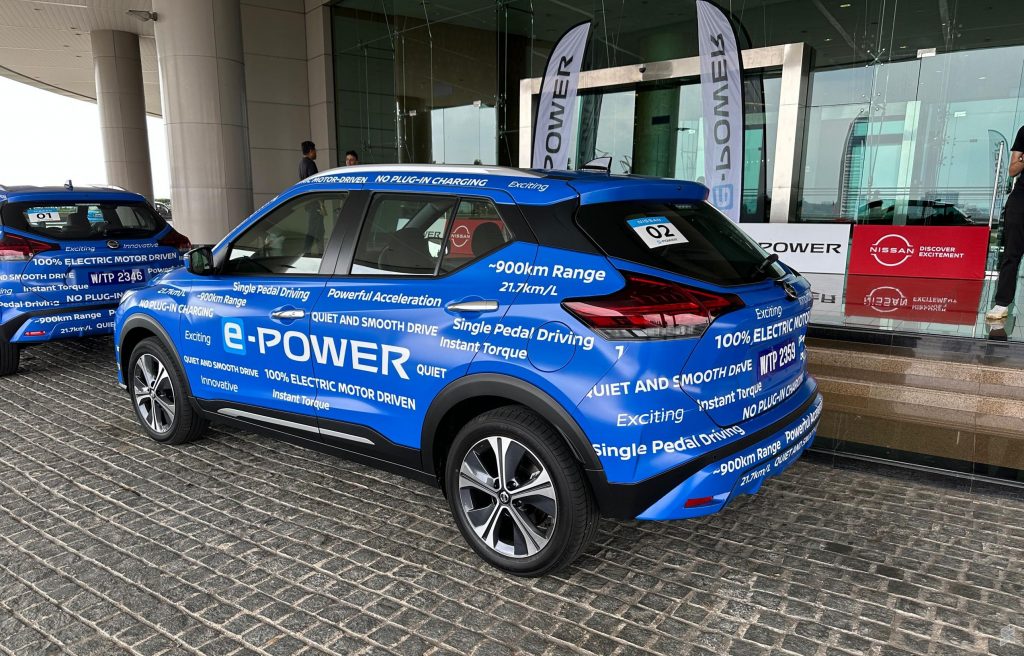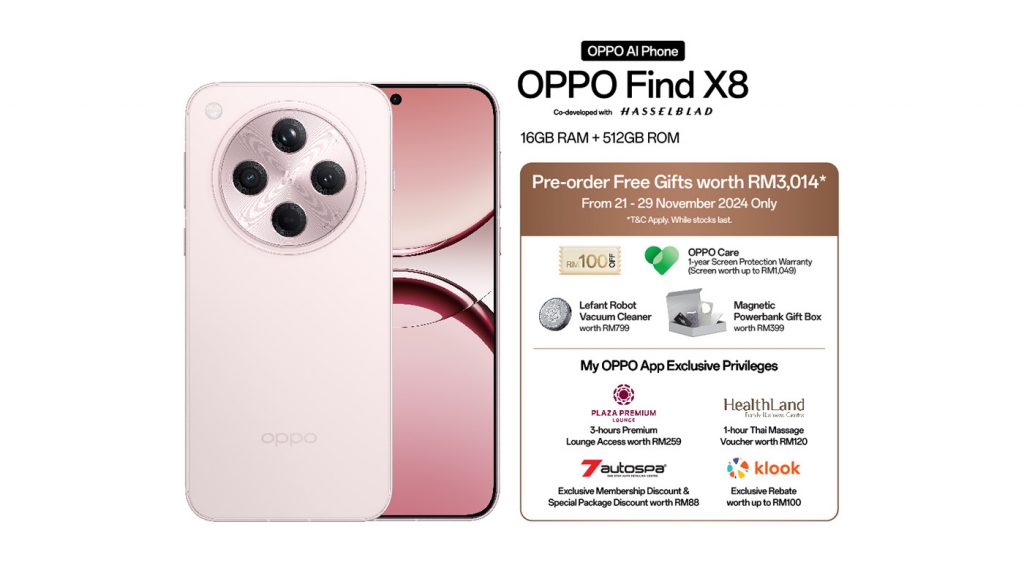Streaming giant Spotify is known for its low royalty payments to artists. CEO Daniel Ek now claims that the costs of creating social media content and music production are “almost zero.” This has caused strong reactions in the artists’ community. Because Ek has repeatedly issued statements that indicate how much (or little) he values music, this is probably a “slap in the face” for every musician. What do you think?
Spotify CEO Daniel Ek causes uproar with statements about cost of content creation
Spotify’s CEO Daniel Ek commented on X (formerly known as Twitter) about the value of content creation (for his streaming platform): “Today, with the cost of creating content being close to zero, people can share an incredible amount of content. This has sparked my curiosity about the concept of long shelf life versus short shelf life.”
He went on to say: “While much of what we see and hear quickly becomes obsolete, there are timeless ideas or even pieces of music that can remain relevant for decades or even centuries.
For example, we’re witnessing a resurgence of Stoicism, with many of Marcus Aurelius’s insights still resonating thousands of years later. This makes me wonder: what are the most unintuitive, yet enduring ideas that aren’t frequently discussed today but might have a long shelf life? Also, what are we creating now that will still be valued and discussed hundreds or thousands of years from today?”
Spotify and the value of music
Reactions to Ek’s post came swiftly, with artists and fans calling the CEO “out of touch”. Composer Tim Prebble commented: “Music will still be valued in a hundred years. Spotify won’t. It will only be remembered as a bad example of a parasitic tool for extracting value from other people’s music.”
This is an important statement by the composer because the DSP (digital service provider) has been unfairly taking advantage of musicians’ artistic works to keep its own business afloat since its iteration. It’s an almost perfect way to do business, but it is more than negative (even exploitative) for the actual “product” suppliers (the musicians).
Music production is not free
Canadian singer-songwriter Shimmer Johnson also sharply criticized Ek, calling him a “billionaire who builds on the hard work and time of others”. She emphasized that creating music is anything but free and pointed out the cost of computers, guitars, and drums. She said, “…if a song takes me 6 hours to create !! That my time is close to zero and the gear I used whether I bought my own or rented it was close to zero!”
The unpredictable amount of time that goes into producing a song is rarely adequately remunerated. In addition, the cost of the instruments is also beyond the budget. Of course, as an artist, you usually have to invest more work in a product and run the risk of not landing a “hit.” Nevertheless, royalties should be distributed fairly, especially from companies like Spotify, whose CEO earns billions from the products of such artists.
Spotify and fair play – what’s next?
Ek’s comments are the latest in a series of PR and legal problems for Spotify, which is being sued for allegedly underpaying royalties to songwriters and publishers. We also reported the non-payment of monies to artists whose songs fall short of the “1000 Plays”. Let’s hope that global regulation will establish a fairer payout in the future.
And yes, there are, of course, other platforms for distributing, selling, and offering your own music. But for us musicians, the streaming giants offer a wider reach, and this is a way to present ourselves worldwide.






